Across Africa, a continent deeply reliant on agriculture, farmers are turning to both ancestral wisdom and innovative technologies to combat the challenges posed by climate change. With the youngest population globally, Africa is disproportionately affected by the adverse effects of global warming, despite contributing minimally to the issue. The continent, home to over 60% of the world’s uncultivated land, faces a paradox: the potential to be self-sufficient in food production is hindered by widespread inability to afford a healthy diet, exacerbated by conflict and underinvestment.
In Zimbabwe, the El Niño-induced drought has led to a state of emergency, with millions at risk of hunger. Yet, amidst this bleak landscape, small-scale farmer James Tshuma is nurturing a thriving vegetable garden using homemade organic manure and fertilizer, a method reminiscent of ancient agricultural practices. This approach, which utilizes livestock droppings, plant residue, and even animal bones, is a testament to the resilience and ingenuity of farmers facing dire circumstances.
Wonder Ngezimana, an associate professor at Zimbabwe’s Marondera University of Agricultural Sciences and Technology, emphasizes the need to revisit traditional methods like nutrient recycling while integrating them with modern techniques. Organic fertilizers not only enrich the soil with nitrogen but also enhance its carbon content and moisture retention, crucial during droughts.
The shift towards traditional practices is gaining momentum, with drought-resistant crops like millets, sorghum, and legumes reclaiming their place in agriculture and cuisine, potentially creating sustainable markets for these crops.
Somalia is witnessing a greenhouse revolution, transforming the livelihoods of its people. Over 250 greenhouses in and around Mogadishu are ensuring a steady supply of fresh, organic produce, fostering employment opportunities, and encouraging nomadic pastoralists to adopt more resilient agricultural practices.
In Kenya, the introduction of a new climate-smart bean variety called “Nyota” offers hope for farmers in drought-stricken regions. Developed through a collaboration between various research organizations, this variety is designed to withstand Kenya’s diverse climatic conditions, maturing rapidly to beat the retreat of the rains. The success of this bean could significantly boost national production and provide a healthier dietary option for consumers.
These stories of adaptation and innovation highlight the critical role of agriculture in Africa’s response to climate change. They underscore the importance of supporting farmers through investments in smart farming and climate-resilient crops, ensuring food security for the continent’s burgeoning population.
End/v7n/rh/dk



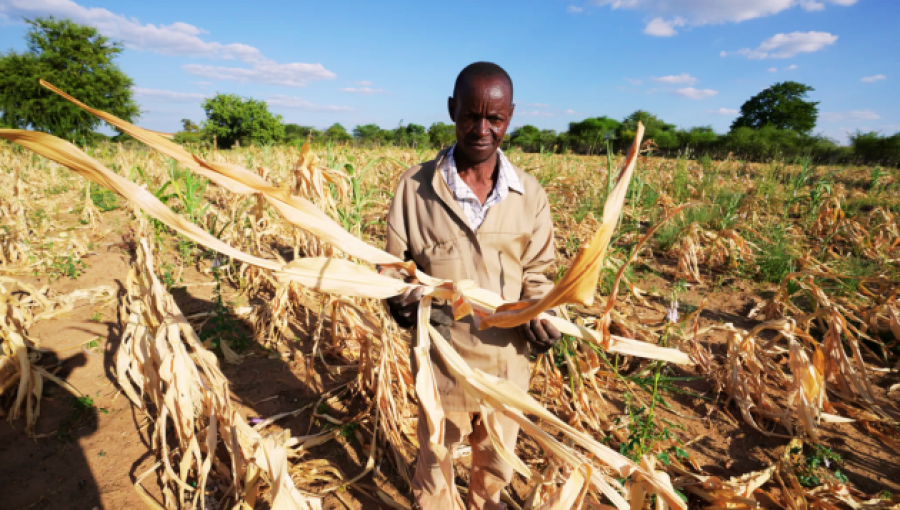
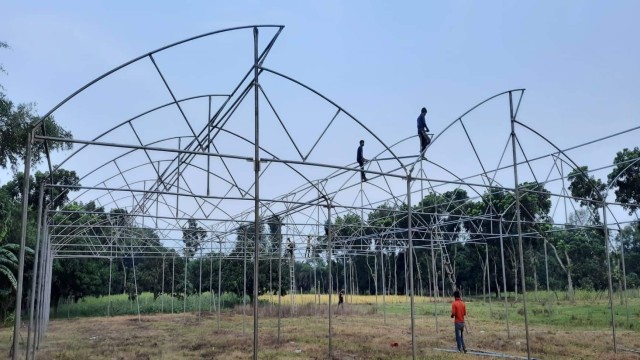
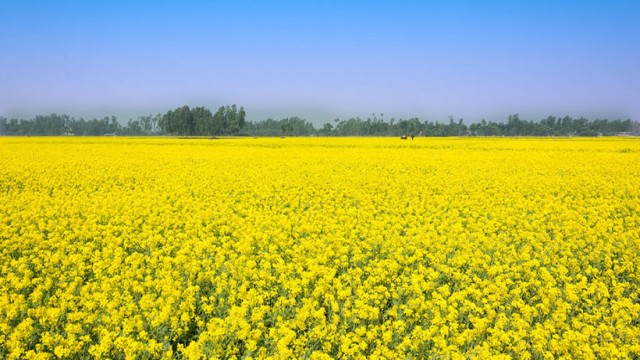
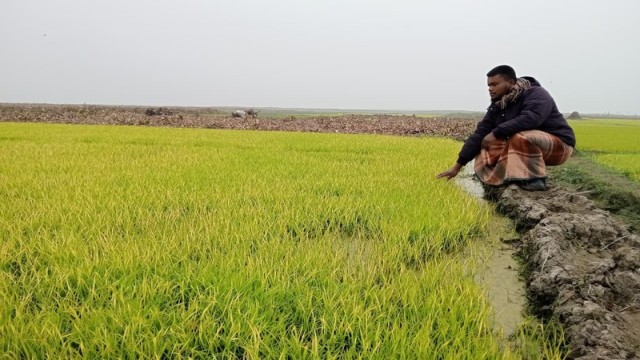
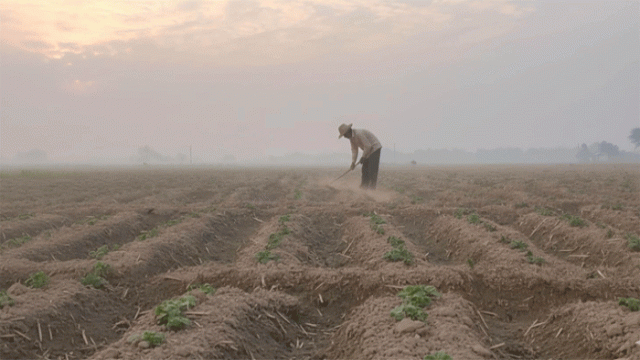
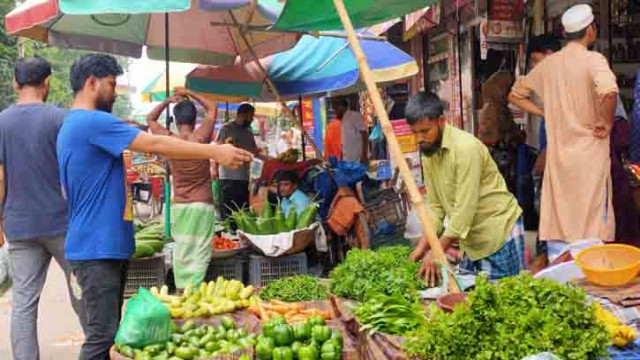
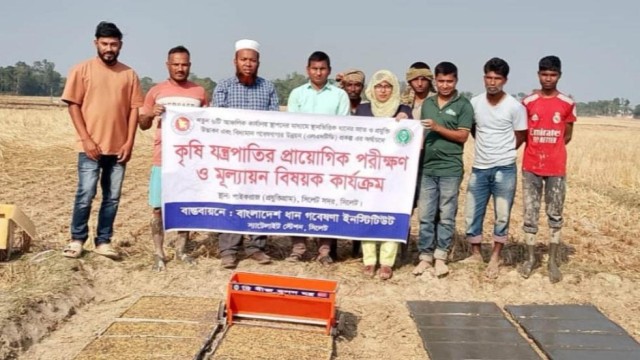

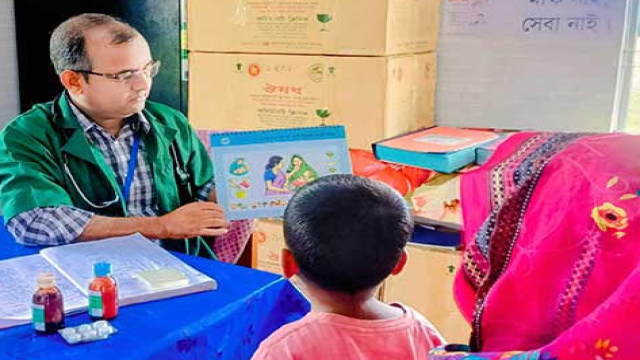



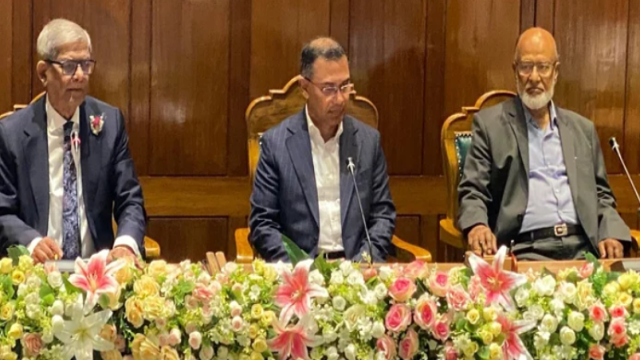















Comment: